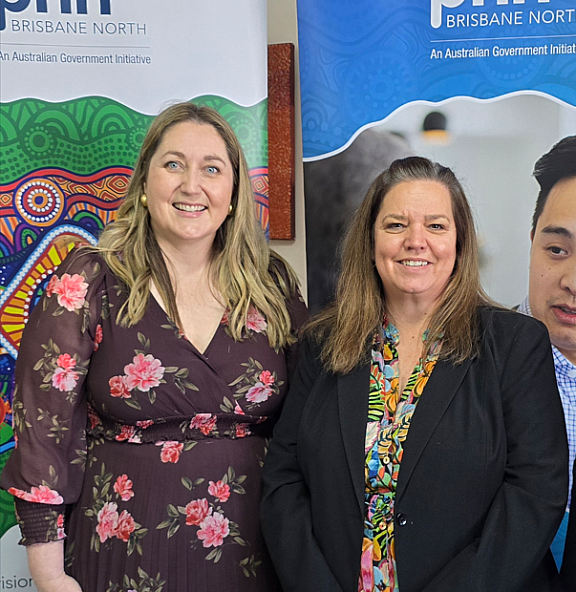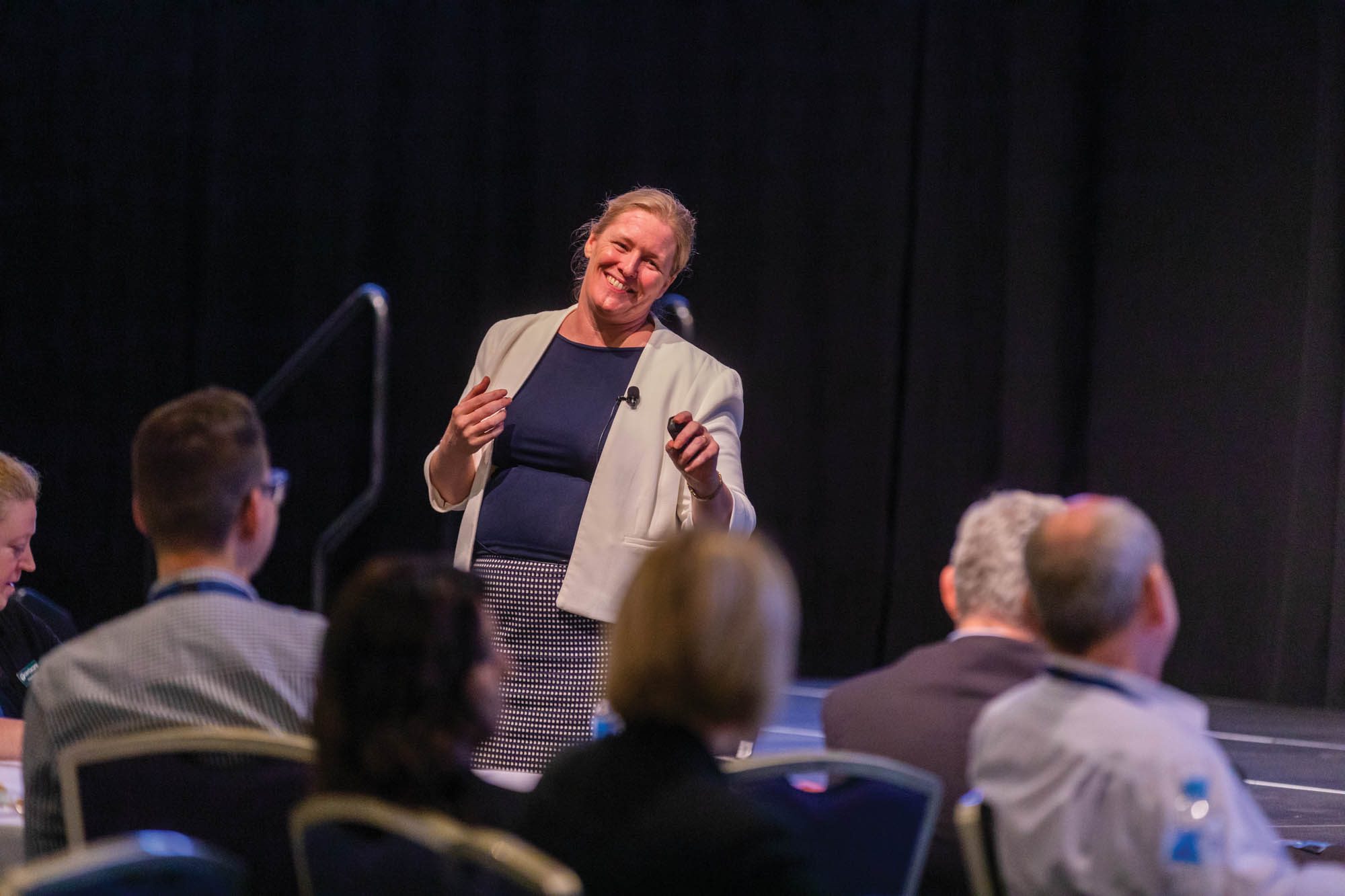
Announced: North Brisbane and Moreton Bay Medicare Mental Health Centres opening from July
Mar 27, 2025
Nov 05, 2019

‘Eat less and exercise more’ is the advice patients trying to lose weight often hear from their doctor, but one maternity care expert says the link between obesity and childhood trauma is often overlooked.
Speaking at the sixth annual Metro North Health Forum in Brisbane on 16 October 2019, Professor Leonie Callaway said people who have more childhood trauma also experience worse health outcomes.
“They are more likely to engage in smoking and alcohol use, more likely to be overweight and are more likely to be depressed,” Professor Callaway said.
It was while completing her PhD, during a study into obesity in pregnancy, that Professor Callaway said she first became aware of the link to childhood trauma.
Several female study participants experienced panic attacks when they entered an enclosed chamber designed to measure the volume of air displaced. One of these women had experienced severe sexual trauma.
Over the ensuing years, Professor Callaway delved deeply into the research around trauma informed care, much of which she presented during her Metro North Health Forum keynote address.
The Forum is a joint initiative between Brisbane North PHN and Metro North Hospital and Health Service that promotes engagement, information sharing and collaboration.
Latest research
In collaboration with Australian Longitudinal Women’s Health Study, Professor Callaway had recently explored a possible link between the gestational diabetes “epidemic”, obesity and adverse childhood experiences.
She presented her research, the results of which were published in the American Journal of Preventative Medicine in September this year, at this year’s Forum.
Referring to the data from the study, Professor Callaway explained there was a “dose-response relationship” corresponding to increasing burdens of adverse childhood experiences.
“What we demonstrated was that this relationship…is actually robust and is not accounted for by body mass index, food habits [or] the amount of exercise. It’s actually an independent association and that leads us to wonder why.
“Our best guess is that these things [adverse childhood experiences] dysregulate your autonomic nervous system, to such an extent, that the cortisol response is the problem.
“[The results suggest] that people who have been abused like this actually have a lifelong, high rate of cortisol,” she said, adding that mechanistic research was needed to clarify the findings.
Professor Callaway also discussed frequently cited 2003 research by Dutch psychiatrist Bessel van der Kolk into the neurological and biological changes that occur in people as a result of trauma, including difficulties with learning and memory.
“And so we [medical professionals] sit in our clinics, telling people about how to take care of themselves…and we wonder why people don’t do what we say,” she said.
Pathway to healing
According to Professor Callaway, where damage to the brain’s medial prefrontal cortex is not significant, trauma informed therapy could help heal the patient.
“This is exactly like stroke rehabilitation and it requires regrowing three to four centimetres of brain pathway,” she said.
The problem, Professor Callaway explained, is there are very few services to which patients can be referred for such therapy.
As an alternative, she suggested health professionals could offer their patients a “therapeutic, kindly relationship, which is actually more healing than all of the pills that we hand out”.
Other keynote speakers
Also on the Forum program was Dr Toby Ford of Ford Health, a renowned expert in the area of resilience and corporate health risk management.
Dr Ford had spoken earlier in the day at a GP breakfast, where he reminded medical professionals of strategies they could put in place to take care of their own health and wellbeing.
The GP Breakfast also featured presentations on improving care for older people, quality improvement in general practice, and opportunities for GPs with a special interest in Orthopaedics.
Later that morning, Forum attendees heard from futurist, writer and international keynote speaker Dr Bruce McCabe, who delivered a fascinating presentation on the technology that is changing healthcare.
To view speaker presentations and snapshot videos from the forum visit health2gether.org.au.

We acknowledge the Traditional Custodians within our region: the Jagera, Turrbal, Gubbi Gubbi, Waka Waka and the Ningy Ningy peoples of where we meet, work and learn. Brisbane North PHN is committed to reconciliation. Our vision for reconciliation is where the stories of our First Nations’ people are heard and shared, and networks are formed.